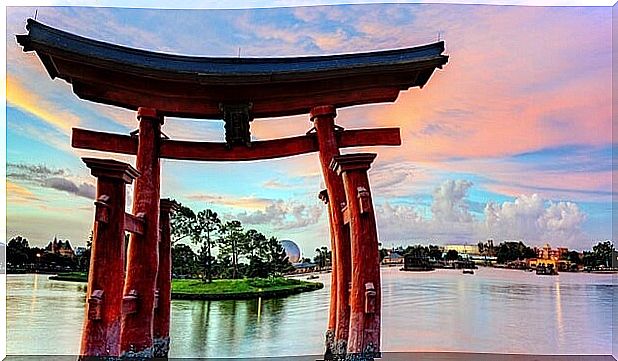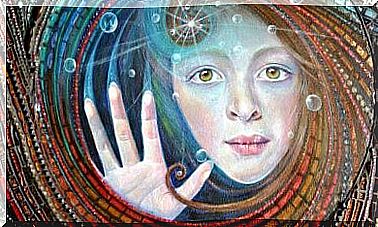Ikigai: The Japanese Mystery To Find Happiness

In our culture there is no word that defines the meaning of what the ikigai represents in the Japanese culture. According to the Japanese, everyone has an ikigai, a reason to exist. Some have found it and are aware of it, others carry it within, but are not yet aware of it or may never even reach it.
Today’s society bombards us with the culture of the material, the positive that comes with having more money, a better car or a luxurious home; This pushes us to work harder and harder to obtain all these goods but also to forget about ourselves, about our inner well-being. On the other hand, jobs are increasingly precarious and in most cases we are forced to accept them, not out of vocation but out of necessity. In the end, this situation becomes a circle from which it is very difficult to escape and which also creates great dissatisfaction in the staff.
In the book Ikigai, the secrets of Japan for a long and happy life , Hector García and Francesc Miralles have captured the experiences lived by the Japanese centenarians of the village of Ogami for a healthy and happy life. In addition, they describe some keys for each of us to search within ourselves for the reason for their existence. In this way, self-esteem will increase and you will begin to be aware of those activities or more pleasant ways of life that lead to a state of inner peace.
These are some keys that reveal this Japanese mystery to find happiness:
Ikigai, the reason to live
The reason why these Japanese centenarians get up every morning is the legitimate foundation or motive that justifies being or existing. For them there is no word or concept of retirement, they continue to carry out the same tasks until the end of their days since it is a satisfaction to do what they like for the good of the community.
“The objective is to identify what each of us is good at, what gives us pleasure when it comes to doing it and, in addition, makes us aware that we contribute something to the world. When we do it, we have more self-esteem, because we feel that our presence in the world is justified. Happiness would be the consequence ”, says Miralles.

Encourage social relationships
Japanese elders offer to collaborate with everything related to their environment, they feel part of the community and useful to society.
Encouraging and promoting social relationships is very positive for the quality of life. When we interact, the mood improves and brings us great emotional benefits. Relationships help to be more independent, decisive and improve cognitive abilities.
Healthy nutrition
The secret of eating these Japanese is based on eating a wide variety of foods in small plates. Raw fruits and vegetables are the foundation of the diet. They hardly take sugar directly and if they do, it is sugar cane, grown in their own fields.
They eat fewer calories and to achieve this they are governed by the hara hachi bu , a principle that defends that you should stop eating when you are at 80% of your stomach capacity.
Think positive
The inhabitants of Ogami lead a life free of stress and anxiety, for them there is no rush. Optimism and smiling are the main laws that are included in the laws of ikigai.
Our actions are based on our thoughts. If we change the way we think, we can begin to change the decisions we make. The human being always seeks personal growth, both physically and emotionally. Practicing positive self-talk can help us take actions that lead to great achievements.
Practice exercise
Every morning they practice group exercise before starting the routine. They are basic exercises that consist of stretching the muscles and moving the joints. The purpose of this physical activity is to reinforce the spirit of cooperation and unity of all participants.

The search for our ikigai can be long and deep, but once found we will feel that happiness invades us because we have found our “reason for existing” that is based on four basic pillars: passion, vocation, mission and profession.









